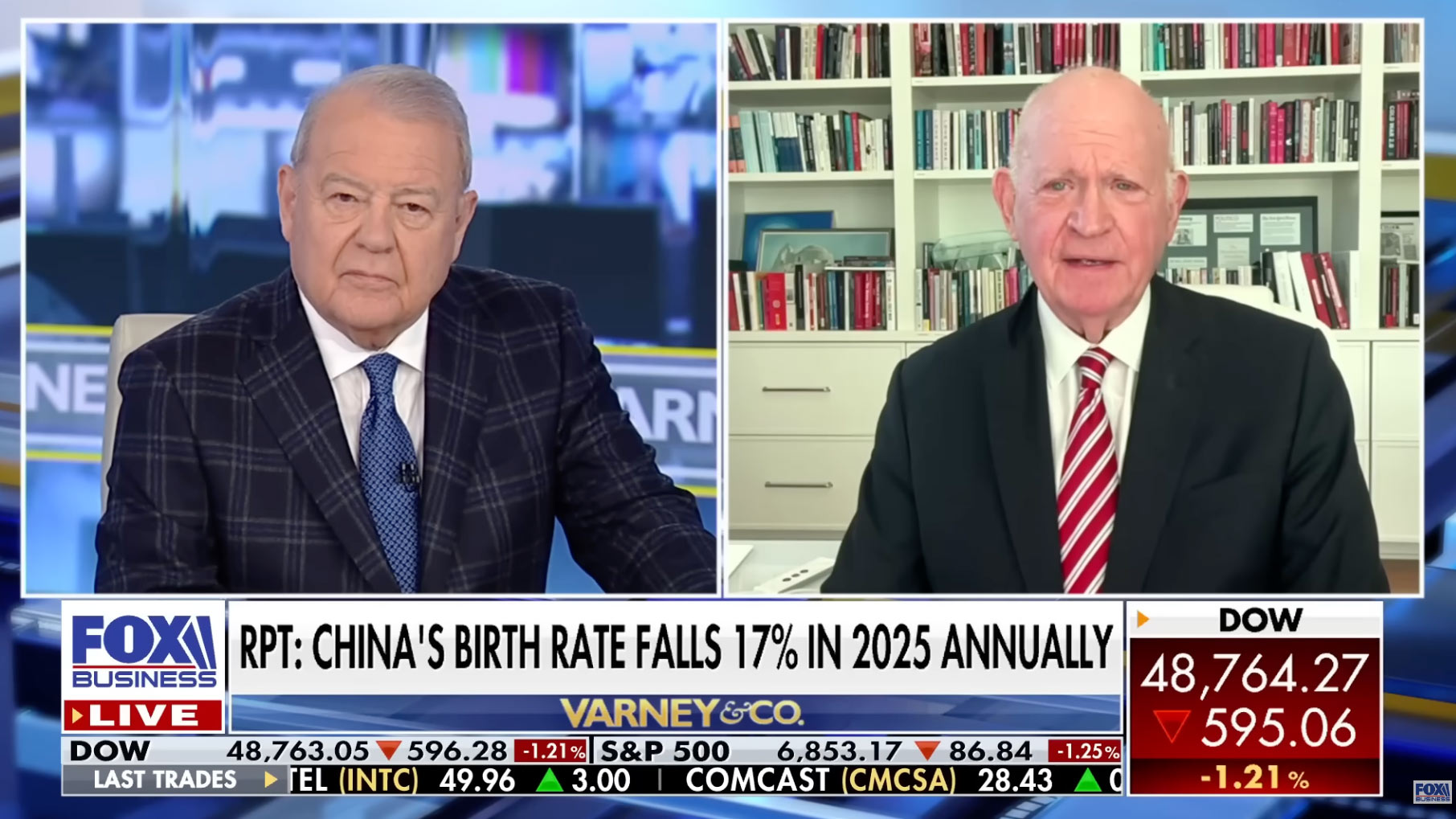
Chris Miller: What We’ve Learned from the DeepSeek AI Shock
One Year After DeepSeek, America’s AI Lead Still Holds When Chinese AI lab DeepSeek released its R1 reasoning model last year, markets panicked. Nearly $1…
Thought Leader: Chris Miller

With 30 days until the midterms, party leaders are making ruthless calculations to cut funding for underachieving candidates in a push to sharpen their top targets. In other cases, party committees and super PACs aren’t spending at all on potentially winnable races because of flawed candidates.
Driving the news: The National Republican Senatorial Committee announced Friday it would be cutting back on its advertising against Sen. Maggie Hassan (D-N.H.) in New Hampshire, opting to focus on other, closer Senate battlegrounds in which Republicans are being outspent.
Why it matters: We’re seeing Democrats cut off funding for some candidates primarily because they don’t have enough resources to spend in an expanding battleground map. Republicans, by contrast, are more likely to cut bait on candidates running poor campaigns, not raising money on their own or sounding too extreme for their districts.
Between the lines: The Democratic disengagement from a Wisconsin district it currently holds is a notable concession that Jan. 6 isn’t resonating as an election issue with swing voters.
Two California Democrats, running in House races that the Cook Political Report rates as toss-ups, are also at risk of getting cut off.
Flashback: Two Trump-aligned Republican candidates were cut off by national party super PACs prior to this final stretch.
Chris Miller: What We’ve Learned from the DeepSeek AI Shock
One Year After DeepSeek, America’s AI Lead Still Holds When Chinese AI lab DeepSeek released its R1 reasoning model last year, markets panicked. Nearly $1…
Thought Leader: Chris Miller
Michael Pillsbury: Why U.S. Control of Greenland Deters China and Russia
Fox News contributor Michael Pillsbury discusses President Trump’s focus on Greenland, explaining its strategic importance for missile defense and China’s declining birth rates on ‘Varney…
Thought Leader: Michael Pillsbury
Joseph Grogan: Why Greenland Is a U.S. Security Priority
“The Europeans and Denmark have done nothing to strengthen Greenland’s defences.” Donald Trump is focused on Greenland as a national security priority and believes Europe…
Thought Leader: Joseph Grogan

